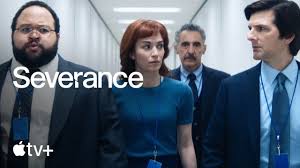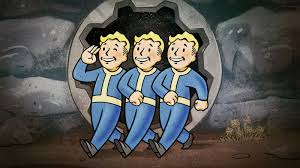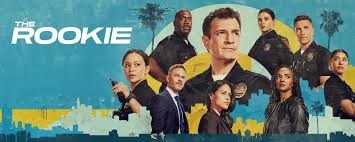When Severance premiered on Apple TV+, it wasn’t just another eerie, stylish sci-fi show—it became an unsettling mirror to our own reality. The series follows employees at Lumen Industries who undergo a surgical procedure to split their consciousness into “innies” (who only exist at work) and “outies” (who live their personal lives unaware of what happens in the office). What results is a haunting look at corporate culture, identity, and the cost of compliance.
But here’s the question that keeps buzzing long after the credits roll:
Is Severance just dystopian fiction—or a nightmare we’re already living in corporate form?
A World Too Close for Comfort
Unlike outlandish sci-fi premises with far-off planets or time machines, Severance is disturbingly grounded. The sterile hallways, the microbreak room punishments, and the mind-numbing data refinement tasks don’t feel alien—they feel eerily familiar.
- Micromanagement as Horror: Lumen’s obsessive control over employee behavior (even celebrating “good work” with waffle parties) reflects real-world corporate manipulation dressed up as culture.
- Surveillance Culture: The innies are constantly monitored and reprimanded. Sound familiar? From keyloggers to “productivity software,” the modern worker is already living this.
The Dystopia of Disconnection
The true horror in Severance is disconnection. Innies live in a state of permanent labor, never knowing rest. Outies are removed from the moral consequences of their own actions.
- Ethics of Consent: Can an “innie” ever truly consent to their life if they’re created solely to work?
- Capitalism Run Amok: The show critiques how companies can own not just your time, but your being. Lumen doesn’t just pay its workers—it manufactures them.
Lumen Industries: The Cult of Corporate
Lumen isn’t just a company. It’s a cult. Founder-worship. Rituals. Sacred texts. Re-education. All hallmarks of a system designed to control belief, not just behavior.
- Kier Eagan, Savior or Tyrant?: The reverence for the founder is chilling—and reflects real-world CEOs treated as messianic figures.
- Corporate Identity as Religion: Employees aren’t just workers—they’re believers. That’s not far from how some companies cultivate blind brand loyalty.
The Dream Within the Nightmare Severance
Despite its bleak themes, Severance isn’t all despair. There’s a glimmer of rebellion, connection, and humanity—even within the confines of fluorescent-lit office prisons.
- Mark’s Journey: Mark’s inner transformation is the emotional core of the series. As he begins to question, so do we.
- Hope in Helly: Helly’s resistance is raw, real, and relatable—proof that even when identities are controlled, the soul fights back.
Final Verdict: Both, and That’s What Makes It Brilliant
So is Severance a dystopian dream or a corporate nightmare?
It’s both. It exaggerates reality just enough to horrify us, but never so much that we can dismiss it. And that’s what makes it genius. Severance doesn’t just ask what if—
It asks what now.
As more workers around the world reconsider their relationships with jobs, employers, and burnout, Severance hits a nerve. It’s art that disturbs, but also warns. And most of all, it reminds us that when a job asks for your whole self, it might be asking for too much.
📺 Rating: ⭐⭐⭐⭐⭐ (5/5)
Genre: Sci-fi Drama, Psychological Thriller
Platform: Apple TV+
Created by: Dan Erickson
Standout Performance: Adam Scott as Mark S.



